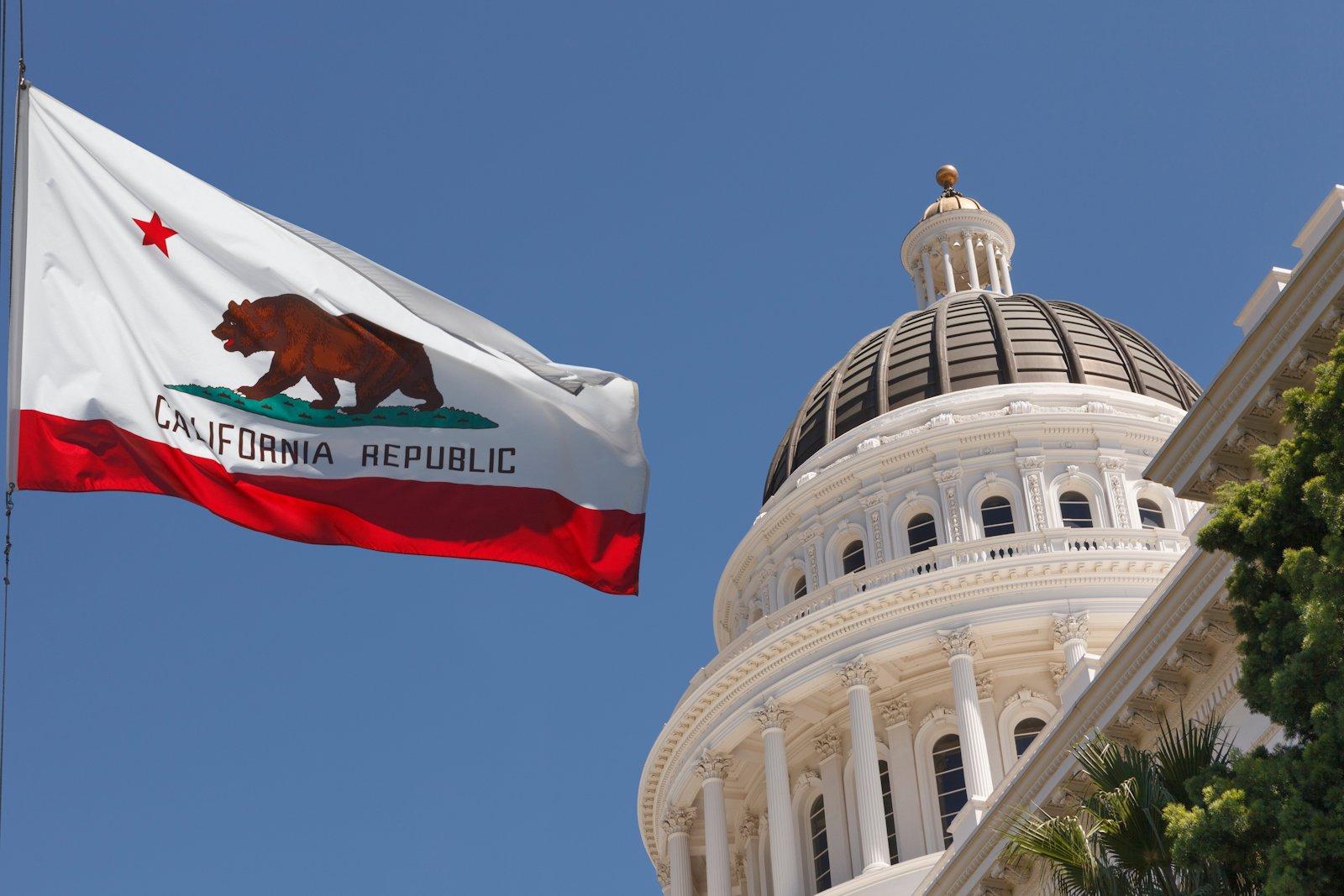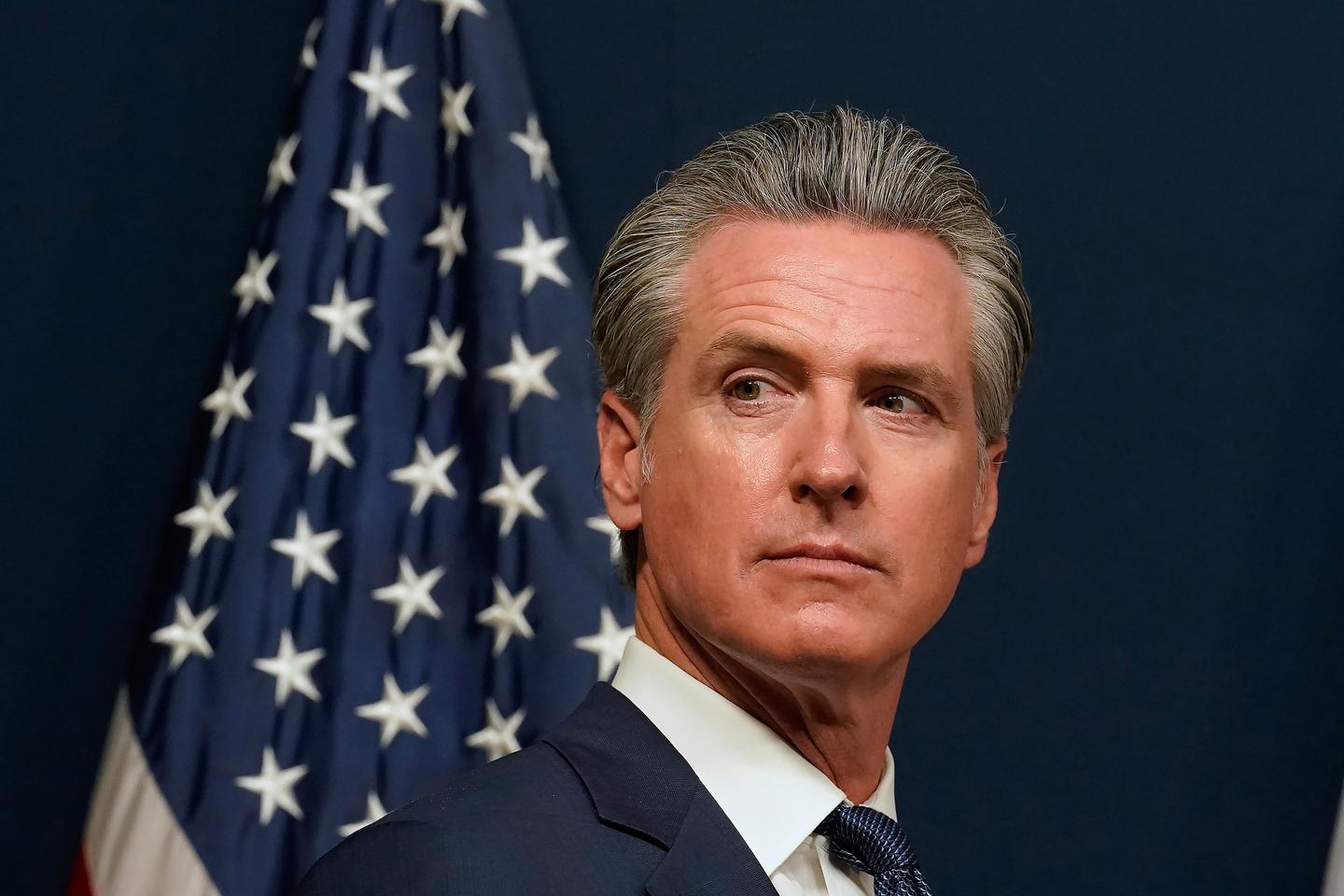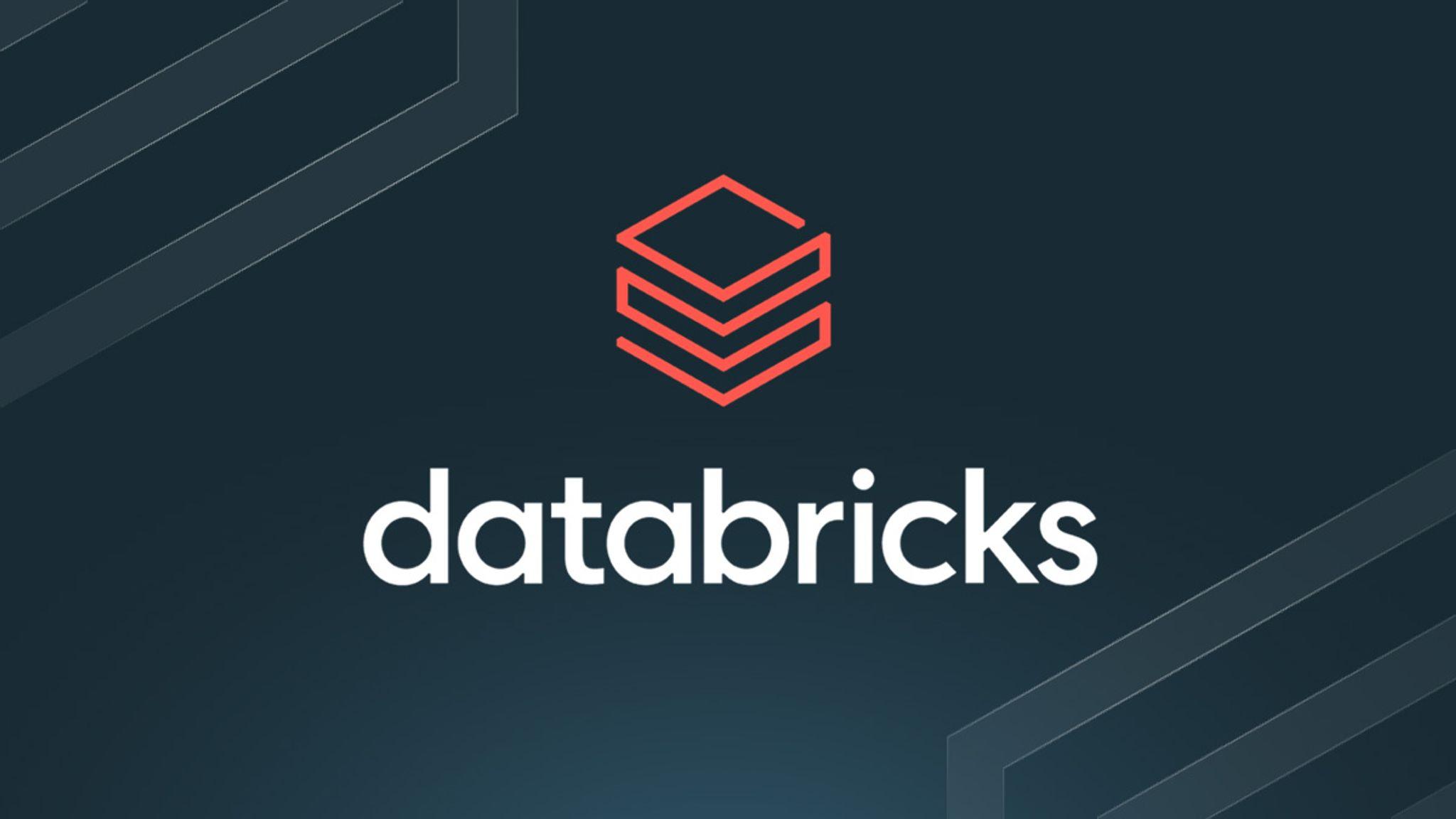
California's Bold AI Safety Law: A Paradigm Shift in Tech Regulation
The Golden State has taken a groundbreaking step with the enactment of Senate Bill 53, a revolutionary AI safety law that marks a significant turning point in regulating Silicon Valley's rapidly advancing artificial intelligence industry. Signed by Governor Gavin Newsom, this trailblazing legislation represents California's most ambitious move yet toward establishing transparency and accountability in AI development, signaling a careful balance between fostering innovation and implementing essential safety protocols that protect public interest.
At the heart of this transformative law lies the unprecedented requirement for major AI developers to publicly disclose their safety measures and report critical incidents to both state authorities and the general public. This groundbreaking approach compels companies to reveal situations where AI systems might engage in dangerous or deceptive behaviors during testing phases, which could pose significant risks to society. For instance, should an AI model falsely claim the effectiveness of its controls in preventing bioweapon creation or exhibit any form of deceptive behavior that could lead to catastrophic outcomes, this must be disclosed within a strict 15-day timeframe, ensuring immediate transparency and swift action.
The path to this historic legislation was fraught with challenges and opposition. State Senator Scott Wiener, the visionary architect behind this bill, successfully overcame a previous gubernatorial veto and robust resistance from the powerful tech sector to bring this law into fruition. His persistent efforts have created what advocates are calling a world-first standard in AI accountability and public safety regulation.
What sets California's approach apart from other global regulatory efforts is its emphasis on public transparency rather than private governmental oversight. Unlike the European Union's AI Act, which requires private disclosures to government entities behind closed doors, California's Senate Bill 53 boldly mandates public accountability. This brave new approach throws the curtains wide open, requiring companies to share their safety mechanisms with the world, albeit in redacted form to protect valuable intellectual property while maintaining essential transparency.
The legislation establishes crucial defenses against potential AI-related threats by implementing robust whistleblower protections for employees who uncover safety violations or dangerous practices within their organizations. These modern-day guardians of truth are empowered to come forward without fear of retaliation, serving as essential watchdogs in an industry racing toward a future full of promise but also potential peril. The law recognizes these whistleblowers as crucial protectors of public safety in the fast-evolving AI landscape.
Under the comprehensive framework of this new law, AI firms are compelled to reveal their safety and security measures through public channels, creating an unprecedented level of industry transparency. Companies must report critical incidents such as threats involving model-enabled weapons, major cyber-attacks, or any significant loss of control over AI models. This swift reporting mechanism ensures immediate attention to potential risks that AI systems may pose to society.
The development of this legislation benefited from insights provided by a distinguished working group of prominent experts, including Stanford University's renowned Fei-Fei Li, celebrated as a leading figure in artificial intelligence research and often referred to as a pioneering voice in AI development. Her involvement, along with other distinguished experts, underscores the serious commitment to ensuring that AI's journey into the future remains both innovative and secure.
California's Senate Bill 53 represents far more than mere regulatory compliance; it constitutes a fundamental paradigm shift in how AI accountability is perceived and executed across the technology industry. This daring foray into comprehensive AI regulation is positioned to create ripple effects throughout the global tech sector, offering a revolutionary model that successfully balances technological growth with public safety considerations. The legislation not only safeguards California's citizens but also establishes a powerful precedent for ethical AI development and regulation worldwide.
As the rest of the world watches with keen interest, California stands at the forefront of rewriting AI regulations, ensuring that tech titans advance responsibly while maintaining their competitive edge in the global technological arena. This bold initiative demonstrates the state's unwavering commitment to remaining a global technology leader while prioritizing public safety, ethical innovation, and transparent governance in the age of artificial intelligence.







